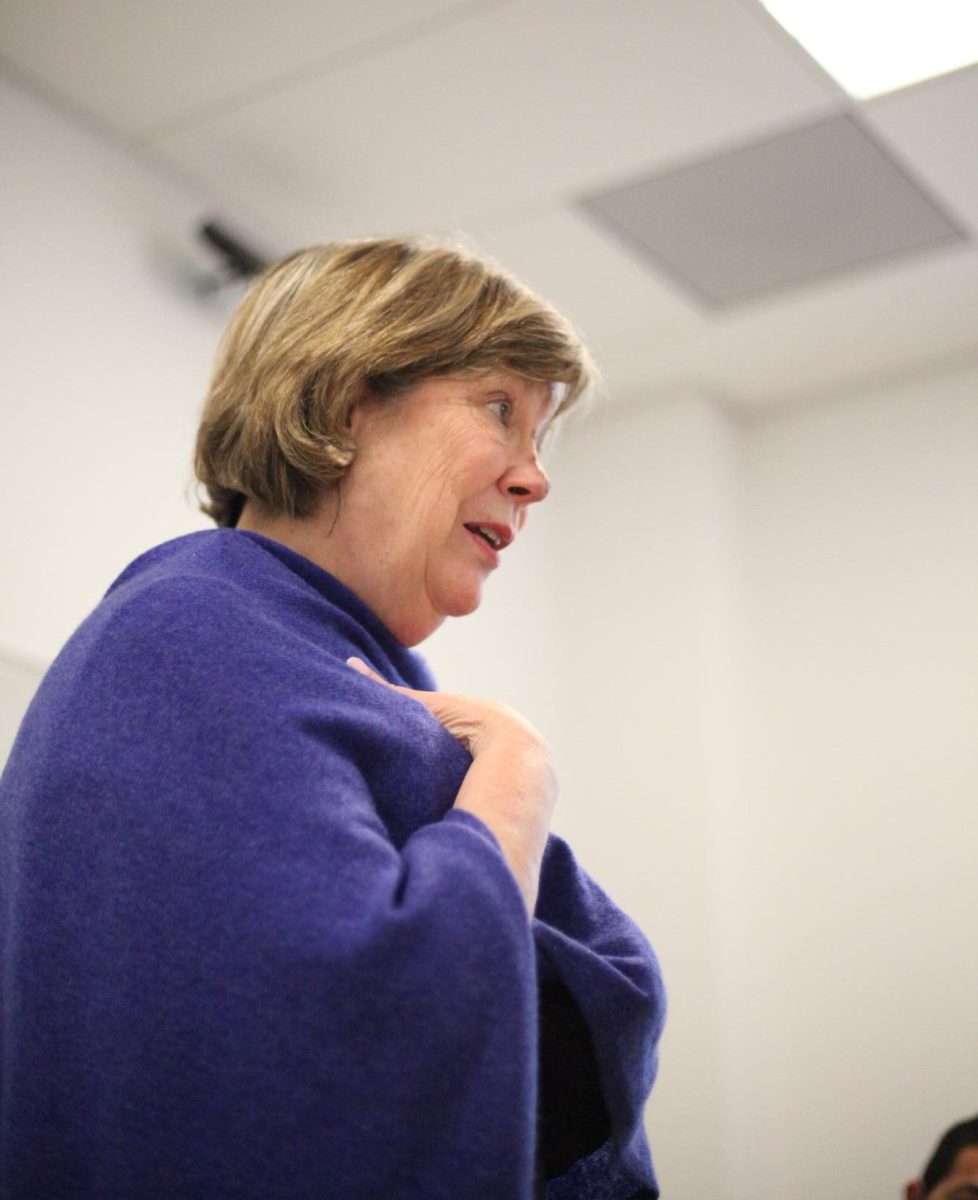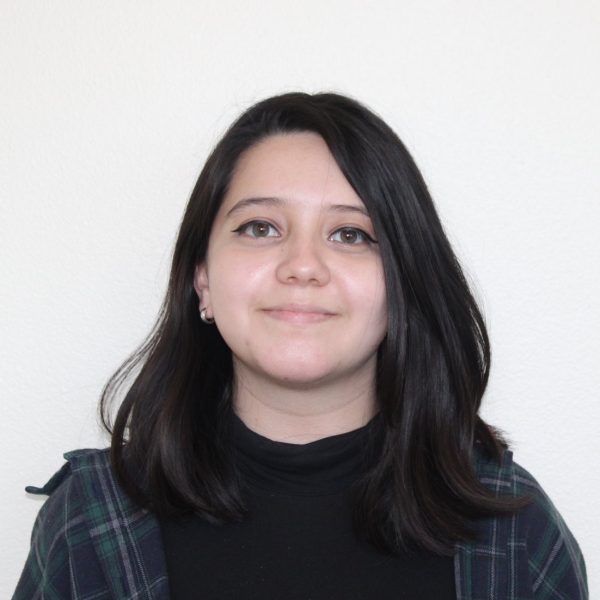On Friday, April 26, Sonoma State students established an encampment to join a movement already active in dozens of universities and colleges across the country, protesting the ongoing genocide in Gaza.
Student protests are nothing new. Throughout the 1960s, students protested in support of the Civil Rights Movement and against the Vietnam War. Between the 1960s and 1980s, student activists led a nationwide movement at their universities to cut financial ties with companies that supported South Africa’s apartheid regime. In 2020, students protested in support of the Black Lives Matter movement.
While the Sonoma State community and faculty have been supportive, other universities have not been so fortunate. Campuses such as Columbia University and the University of Texas Austin had their protests interrupted by throngs of police officers in riot gear. At UCLA, counter-protesters attacked the Palestine solidarity encampment.
And yet, many students face arrests and disciplinary actions that jeopardize their education for even participating in these peaceful protests.
According to the New York Times, “More than 1,000 protesters have been arrested over the last two weeks at universities across the U.S., including the University of Texas at Austin, the University of North Carolina Chapel Hill, and California State Polytechnic University, Humboldt.”
Time and time again, student protesters are met with violent force and now we are seeing it unfold again with the same scrutiny and intensity as students decades before us have faced.
With push-back from violent counter protesters and rampant arrests at other universities, more needs to be done to protect the students and their rights.
Sonoma State students do not need a lackluster, cookie-cutter PR statement, like the one released on April 26 from SSU President Mike Lee.
“The encampment has been peaceful. SSU staff and the Sonoma State University Police Department have been monitoring activities there since Friday afternoon and have not found it necessary to take any action at this time.”
What we need is a president that unequivocally supports and actively listens to its students that are exercising a First Amendment right, freedom of assembly.
An example of this can be found in a statement Sacramento State President Luke Wood made to the State Hornet on April 29:
“As far as I’m concerned, the encampment can last as long as it continues to be what it is, which is a positive demonstration of free speech, as long as it’s safe, and as long as we’re making sure we’re handling the discussions in the right way.” Additionally, Wood said, “The right thing to do is make sure that we’re supporting students in being able to express themselves.”
Jules MacDonald, a first year history and political science major, said that receiving potential push-back from opposing groups outside of Sonoma State is “nothing to be too concerned about.”
“If you don’t give [counter protesters] attention, they get bored and go away. All they’re looking for is to divert from the movement,” MacDonald said.
Some argue that criticism of Israel is a form of antisemitism. But in reality, that could not be further from the truth.
In fact, the U.S. Department of State stated that, “Criticism of Israel similar to that leveled against any other country cannot be regarded as antisemitic.”
Many of the counter-protesters and onlookers who criticize the student movement need to understand that anti-Zionism does not equate to antisemitism; these two words are often seen as interchangeable from counter-protesters.
Anti-Zionism refers to criticism of the policies or actions of the government of Israel, or critiques of specific policies of the pre-state Zionist movement, while antisemitism is hostility to or against Jewish people.
Protesting tens of thousands of women and children dying in Gaza is not antisemitic. Likewise, feeling outraged that more than 34,000 Palestinians have died, 25,000 being women and children, and 6 million have been displaced from their homeland is not a form of antisemitism.
Students protesting should not have to bend to the will of any government, authority or power when it comes to protesting and addressing injustice and genocide.
For a country abundant with people that tout about America being the most “free” country, college campuses attempting to silence students for exercising their freedom of speech contradicts everything that the First Amendment stands for.
“Historically we have seen student voices lead to change time and time again. Every movement falls on the youth,” MacDonald said. “We are doing our part. And you can see that it is making a difference, [the protests and encampments] are all that’s on the news right now.”




































